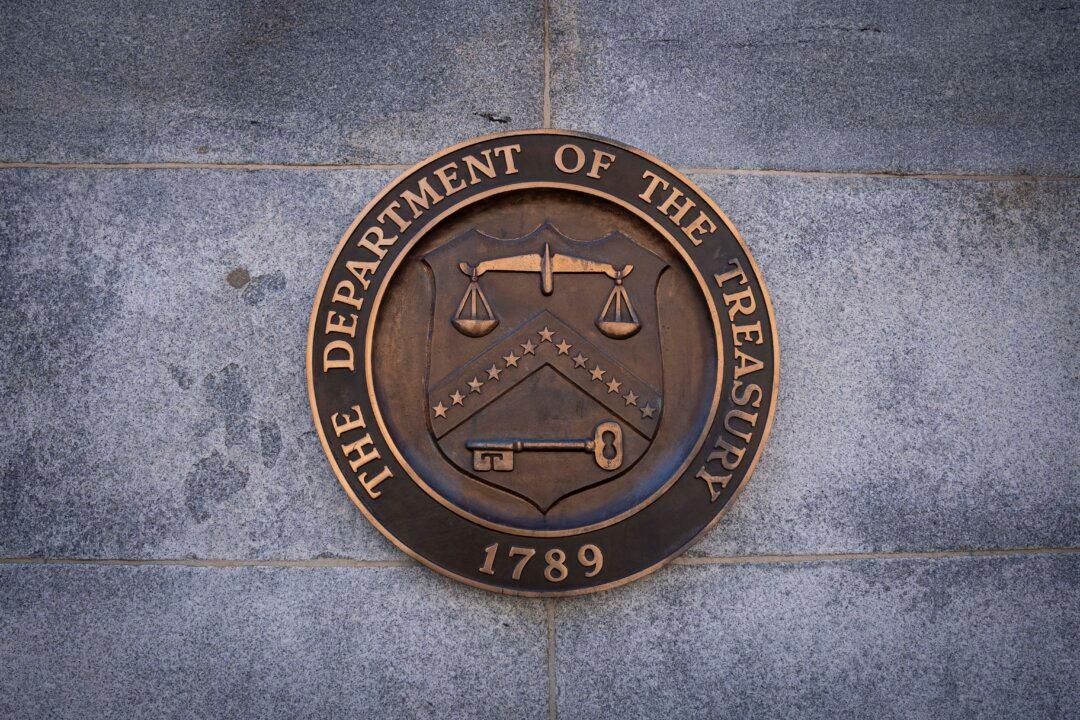The U.S. Treasury Department’s Office of Foreign Assets Control (OFAC) sanctioned multiple Mexican accountants and companies on July 16 that the agency said are linked both directly and indirectly to a timeshare fraud led by the violent Jalisco New Generation drug cartel.
OFAC said in a statement that three Mexican accountants and four Mexican companies were sanctioned for being owned, controlled, directed by, or having acted or purported to act on behalf of the cartel group, which is known in Spanish as the Cartel de Jalisco Nueva Generacion (CJNG).




